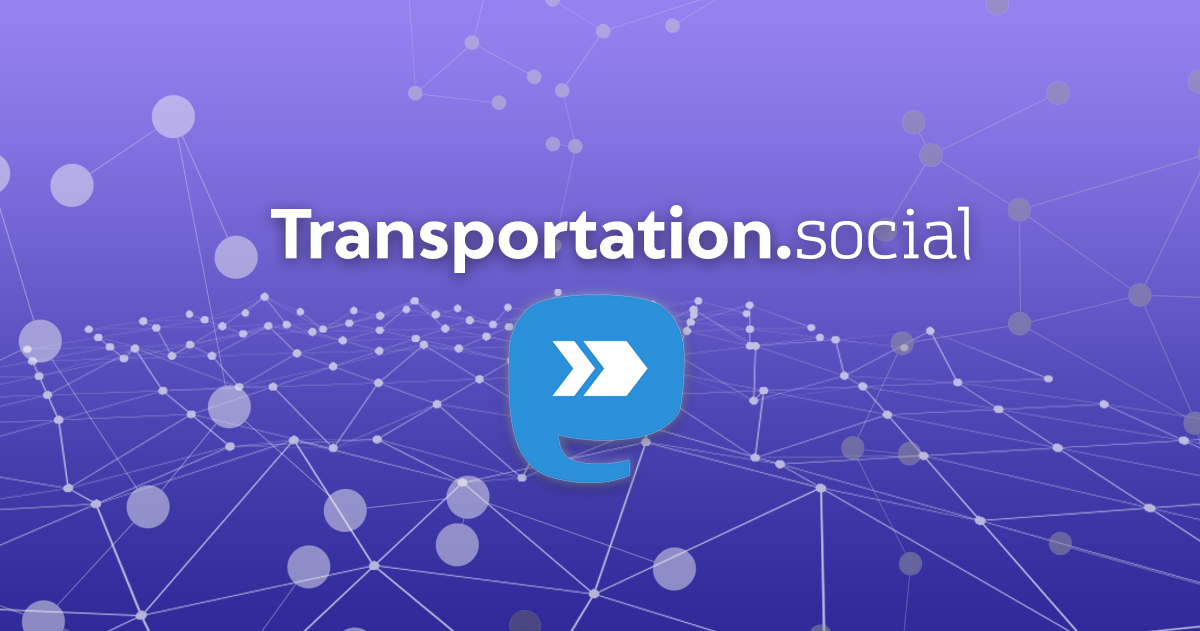It's been 2 weeks since Hurricane #Helene hit the southern Appalachians, devasting communities across this multi-state region. Areas along the #BlueRidge escarpment -- one of the oldest in the world -- were particularly hard hit. Hundreds of lives lost, thousands of people still unaccounted for. Whole families swept away in mudslides.
All in a place many outsiders claimed, until 2 weeks ago, was a #ClimateHaven, relatively immune from the impacts of human-caused #ClimateChange.
Rescue operations are still underway in the most remote areas that are only accessible by helicopter or foot. Some of the most heavily traveled roads won't re-open for over a year.
Parts of some cities, like #Asheville, still don't have running water or sewer. Schools are wondering if they can assemble enough volunteer "flush bucket" brigades to re-open schools.
This is normally the economic high season in the mountains, when tourists come from across the southeast to see the spectacular fall leaf color. This year, tourism-dependent small towns are begging visitors to stay away. Some towns, like #DamascusVA, are issuing wristbands. If you're not a resident, a legit aid worker or first responder, or #FEMA, you don't get a wristband and you're not getting in.
Never ever talk about a disaster as an opportunity. Especially one of this magnitude. People are dead, grieving, homeless, cold, hungry, sick.
This isn't an opportunity. This is a consequence.
A consequence of blatantly ignoring the threat of #ClimateChange. A consequence of the the oblivion of those--mostly on the outside-- who benefitted for generations from the exploitation of the southern #Appalachians vast cultural and natural resurces.
And hopefully, it's a wake-up call.
Federal and state aid agencies, including #FEMA, are on the ground, helping families get the resources they need to recover and rebuild. They're also now, of necessity, becoming experts in countering misinformation. Social media and some political interests are rife with efforts to sow seeds of mistrust of aid organizations, esp FEMA. This is making it vastly harder for people to get and give help.
Don't amplify those efforts. Deplatform those who do.
#ChapelHillNC is sending teams of first responders up in 5-day shifts.
If you live in the southeast, find out if your community is doing the same. If so, ask how you can support them. It's hard work, physically and emotionally, and it's going to be needed for a very long time. #HelpTheHelpers

There are multiple ways to help the survivors of #Helene. Tons of established local organizations are working around the clock to provide food, shelter, clothing, and health care. You can find information about some of them here: https://docs.google.com/spreadsheets/d/1RR5HML5ni83NdVodRGp2NZvyDJ_HtiAgw3J-IlMtPuA/edit?gid=0#gid=0
#HowToHelp